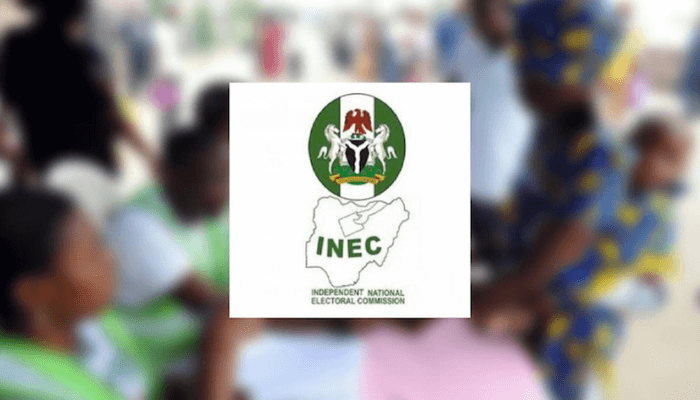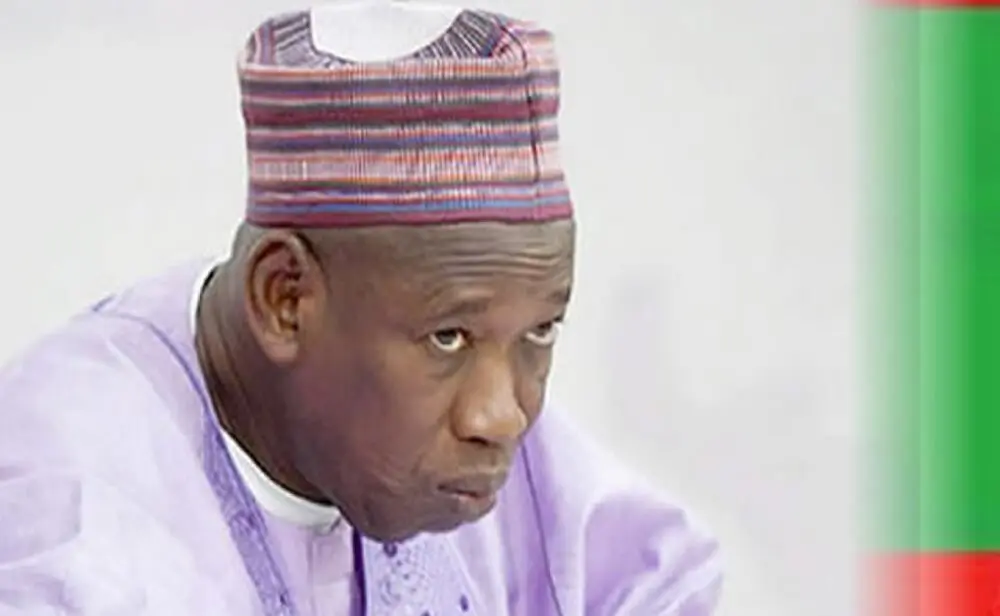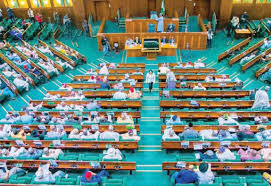Why INEC Must Start Early to Rebuild Trust Before the 2027 General Election
By Stanley Ugagbe
As Nigeria approaches the 2027 general election, a deepening crisis of voter apathy threatens the foundations of its democracy. With voter turnout plummeting to historic lows, experts and citizens alike are urging the Independent National Electoral Commission (INEC) to take immediate steps to restore public trust. The 2023 presidential election, marred by technical failures and unfulfilled promises, has left scars that could further erode participation if not addressed promptly.
Since Nigeria’s return to civilian rule in 1999, voter turnout has followed a troubling downward trend, with only one notable exception. Under former President Olusegun Obasanjo, participation rose from 52.3% in 1999 to 69% in 2003. However, official INEC records show a consistent decline thereafter: 57.5% in 2007, 53.7% in 2011, 43.7% in 2015, 34.8% in 2019, and a record low of 28.63% in 2023. In the 2023 presidential poll, only 25,286,616 out of 93,469,008 registered voters—despite a 93.3% Permanent Voter Card (PVC) collection rate—cast their ballots. This apathy is not just a statistic; it reflects growing disillusionment among Nigerians who feel their votes no longer matter.
The 2023 election was meant to be a turning point. INEC introduced key innovations like the Bimodal Voter Accreditation System (BVAS) and the Results Viewing Portal (IReV) to enhance transparency. These tools were successfully tested in earlier elections, such as the 2021 Isoko South by-election in Delta State and off-cycle gubernatorial polls in Anambra, Ekiti, and Osun. Buoyed by these successes, INEC Chairman Prof. Mahmood Yakubu repeatedly assured the public of their deployment. In October 2022 and again on February 7, 2023, via INEC’s official channels, he emphasized that BVAS would handle voter accreditation and results would be transmitted in real-time to IReV.
These promises fueled optimism, particularly among first-time voters. A report by SBM Intelligence noted that 43% of eligible voters in 2023 were young people eager for a fair process. However, Election Day brought disappointment. BVAS and IReV faltered, with results failing to upload due to reported “HTTP server errors.” INEC claimed the election was still credible, but the betrayal was palpable. Citizens who had registered and collected their PVCs in droves felt let down, leading to widespread outrage.
The fallout has been evident in subsequent elections. The 2024 Edo and Ondo governorship polls saw voter turnouts of just 24.49% and 24.8%, respectively. Social media platforms have become echo chambers of distrust. Posts from users like @Sylver_Joe (“Without overhauling of INEC, I will never vote in Nigeria again”), @Diamondifemi (“I won’t vote again in Nigeria!!!”), and @iam_kinglambo (“My household and I will never vote in Nigeria again”) highlight a growing resolve to boycott future elections. Even accounts like @slimudoh have vowed to abstain without reforms, stating, “Me no vote again in Nigeria if no major reforms on @inecnigeria.”
This sentiment is echoed in international assessments. The European Union (EU) Election Observation Mission’s report criticized INEC for shortcomings that “damaged trust in the process and challenged the right to vote.” It pointed to operational failures and a lack of transparency as key issues. Compounding the problem, the Nigeria Bureau of Statistics revealed a surge in bribery cases involving judges in 2023, further eroding faith in the judiciary as the “last hope” for electoral justice.
The reasons for this apathy go beyond election outcomes; they stem from INEC’s failure to deliver on its commitments. As Anglo-Algerian author Mouloud Benzadi aptly noted, “Trust is like an antique, once it’s broken, it can never be replaced.” American politician Kathleen Sebelius added that “the essence of good government is trust,” underscoring the need for INEC to act as an impartial trustee for the people, as emphasized by former U.S. statesman Henry Clay.
Looking ahead to 2027, the path to recovery must begin now. INEC has announced plans to amend the Electoral Act 2022, focusing on clarifying result management processes, including mandatory electronic transmission. This could address the manual result issues that plagued 2023. The EU’s recommendations—such as removing legal ambiguities, ensuring real-time result publication, and cracking down on electoral offenses—should be prioritized. Additionally, civil society organizations, the media, security agencies, and the international community must hold INEC accountable to prevent it from becoming a tool of the ruling government.
Rebuilding trust will require transparent actions, not just promises. By overhauling its systems, enforcing technological safeguards, and fostering genuine independence, INEC can reverse the tide of voter disengagement. As 2027 approaches, the commission’s early efforts could determine whether Nigerians reclaim their democratic voice or continue to turn away from the polls. The stakes are high—for Nigeria’s democracy and its people’s faith in the future.





[…] Why INEC Must Start Early to Rebuild Trust Before the 2027 General ElectionBy Stanley Ugagbe […]